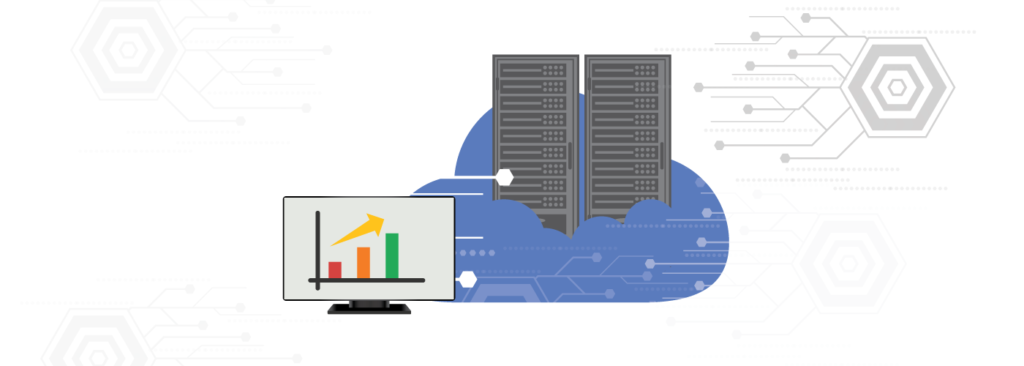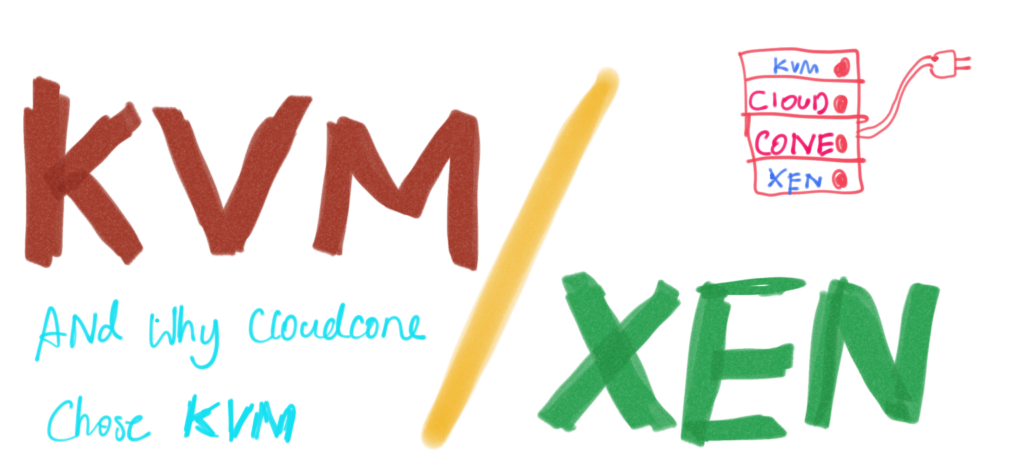If you’re wondering which type of web hosting server is more appropriate to host your website, it is important to know how each server works, their benefits as well as their drawbacks. To clear things out, dedicated servers refer to renting out computers, which include web servers, net connections and related software, within the hosting company. A Virtual Private Server is similar although in this case, there are no physical servers. In the case of a Virtual Private Server (VPS), the hosting company allocates their resources to a virtual computer/machine instead of assigning a physical server within their premises to you. This enables you to derive most of the benefits that come with dedicated servers at lower costs.
Dedicated servers

Pros
- Zero server sharing. With dedicated servers, quality performance can be expected since it would not be shared with other companies. Therefore all resources from the server could be utilized for one company only making it an efficient choice.
- For the same reason the reliability of these servers go up. This gives you personal space to be free from hackers. And the entire server will not suffer consequences of inappropriate web activities conducted by other users.
- And since there will be only one consumer, working on one server, full customization from selecting software to the server’s operating system could be carried out by the single user.
- The equipment used for dedicated server hosting will be leased or rented. This will reflect well on the Return On Investment of the firm. Besides hardware replacement will be carried out by the dedicated server hosting provider itself.
- Most people using dedicated servers get 100% uptime owing to the multiple ISPs and high redundancy.
Cons
- With all the great benefits that dedicated servers offer, its high cost is an undeniable limitation. Unless you’re prepared to fully utilize the services offered by a dedicated hosting server (in which case your return on investment will be high), It is not advisable to incur the expense required to receive this service, as dedicated hosting could be more expensive than other web hosting methods.
- Unmanaged hosting is another con for dedicated hosting servers and that is because maintaining the server could take up a lot of time and technical expertise. The need to hire a professional in order to carry out administrative tasks is another reason why unmanaged hosting can be a limitation.
Virtual Private Servers

Pros
- One pro of VPS is that they are relatively cheap but still manage to deliver raw power despite being virtual.
- Since these servers are virtual they also have the advantage of ease in setting up. When it comes to dedicated servers assembling before installing is necessary but with virtual private servers, you could start running it within hours.
- Server security is also high in VPS since they are secured against most DDoS attacks or security exploits.
- Once again the absence of hardware involvement comes to the rescue. VPS are easily upgradeable unlike dedicated hosting servers where you have to wait for the hardware to be installed.
Cons
- Virtual private servers aren’t as powerful as dedicated servers. If you own a large business that needs to send a bulk of emails and run applications and forums simultaneously, the capacity of a VPS would not be enough. In this case a dedicated server would help.
- Managing a VPS would also require a great deal of technical expertise.
There you go. Knowing about the ups and downs of each server type is essential to make a well informed decision on which server is better suited for you. The points in the article will hopefully lead you to that decision. Good luck and don’t forget to reach out to us if you have any concerns, suggestions or general feedback.







About The Author: Anu
Content Strategist at CloudCone LLC.
More posts by Anu